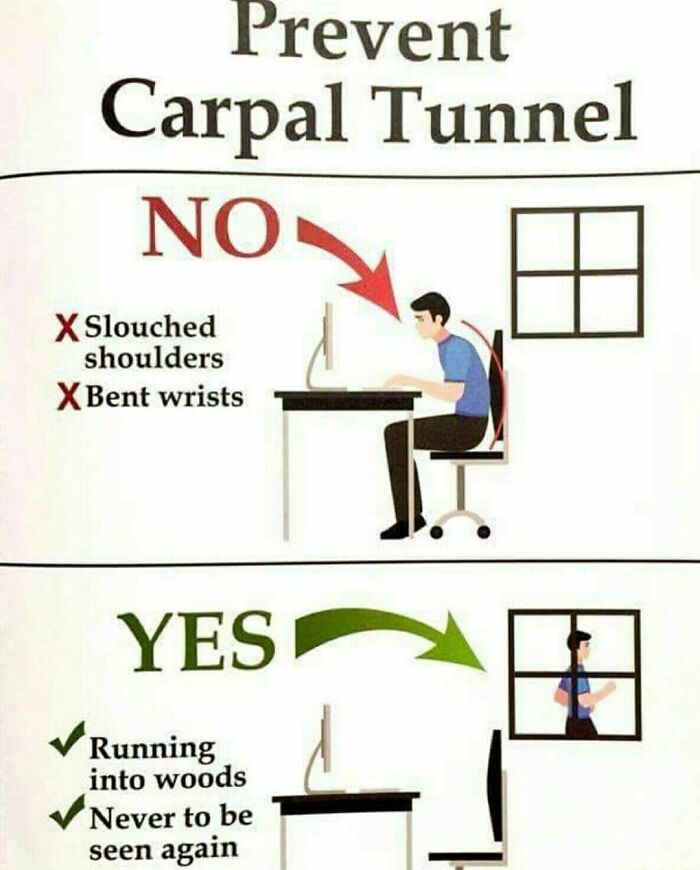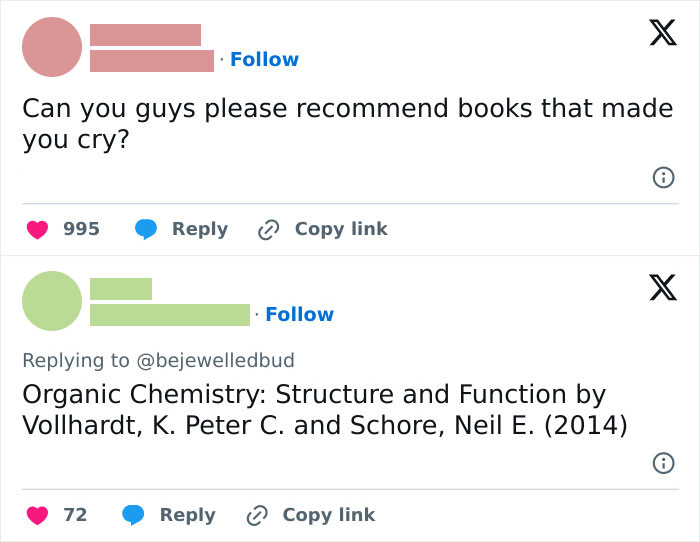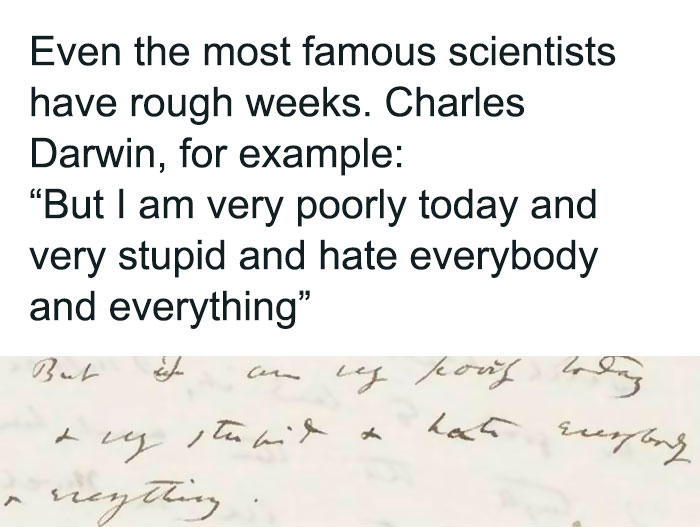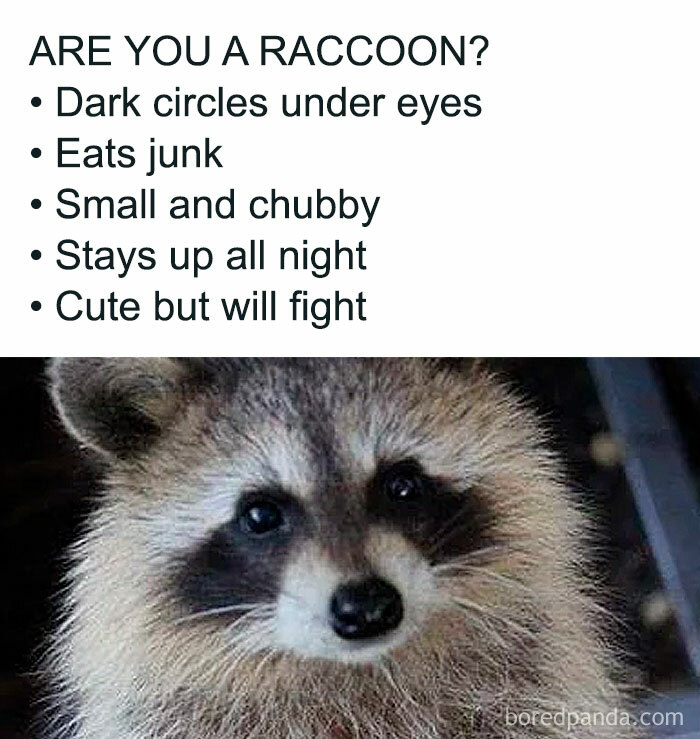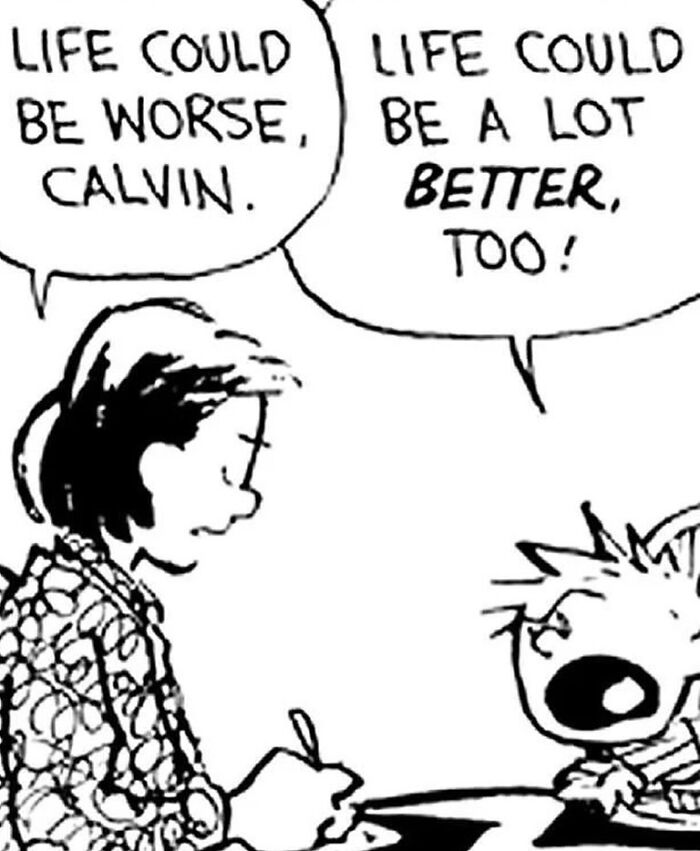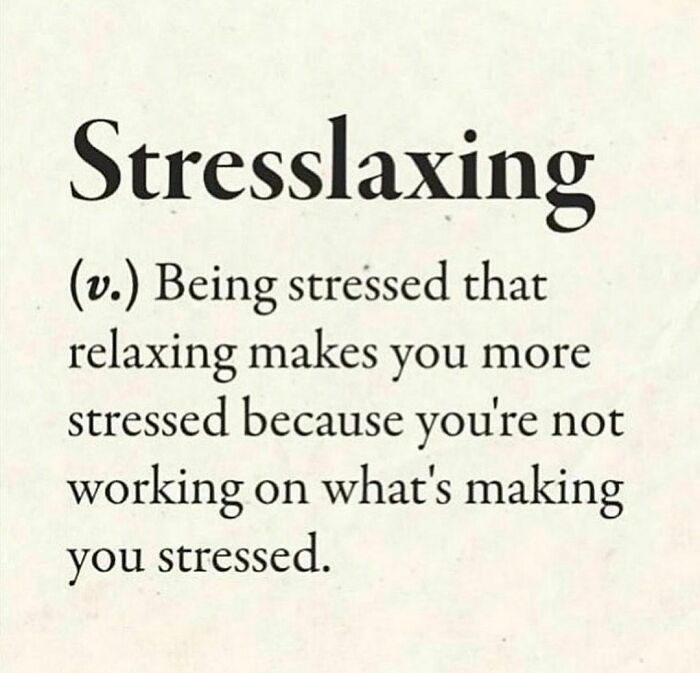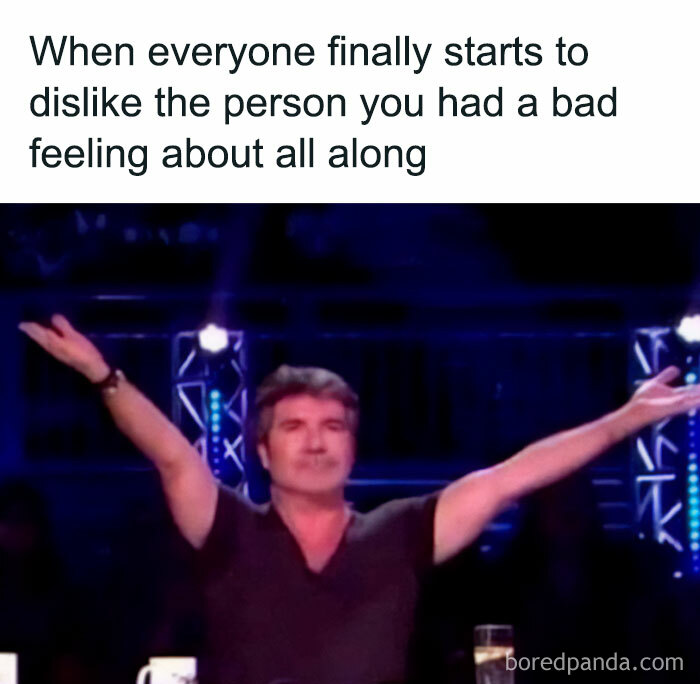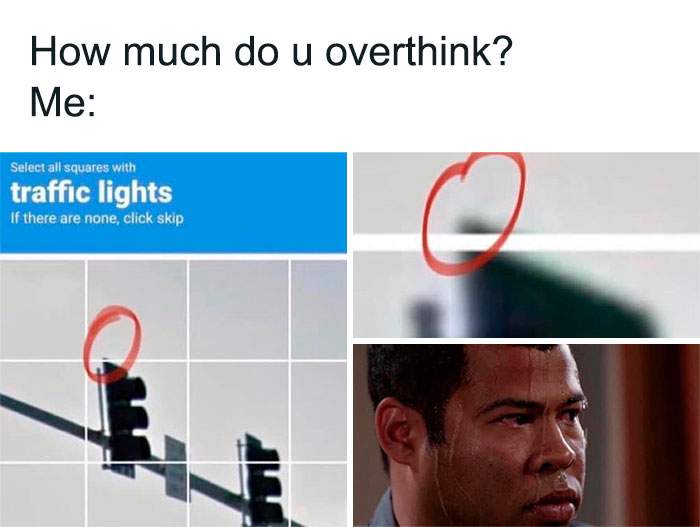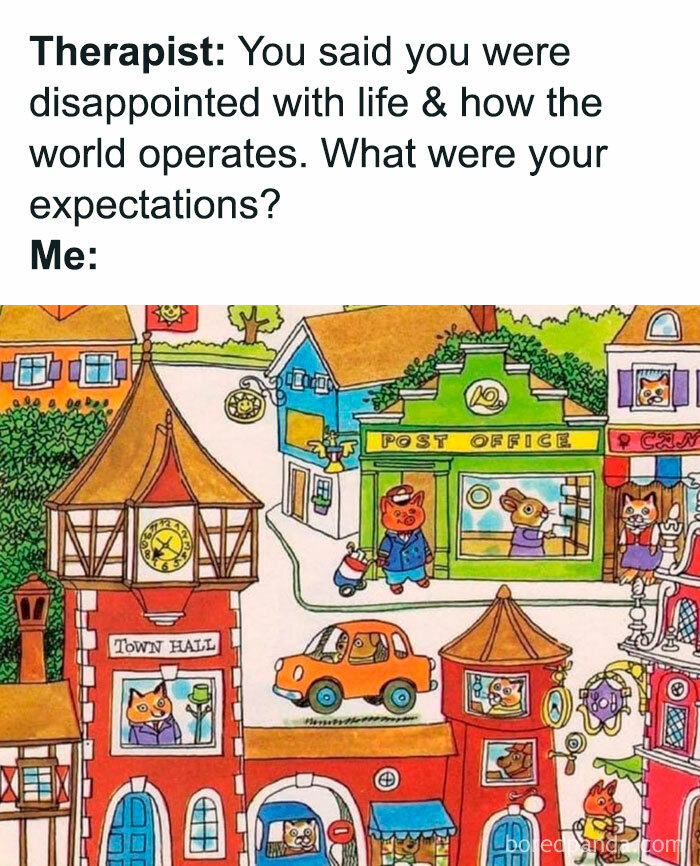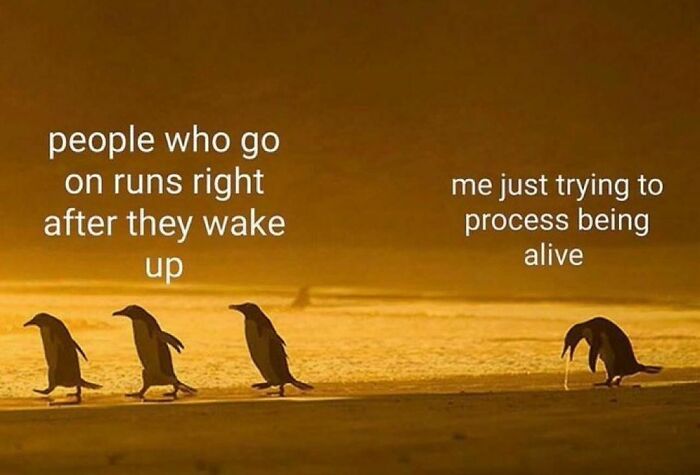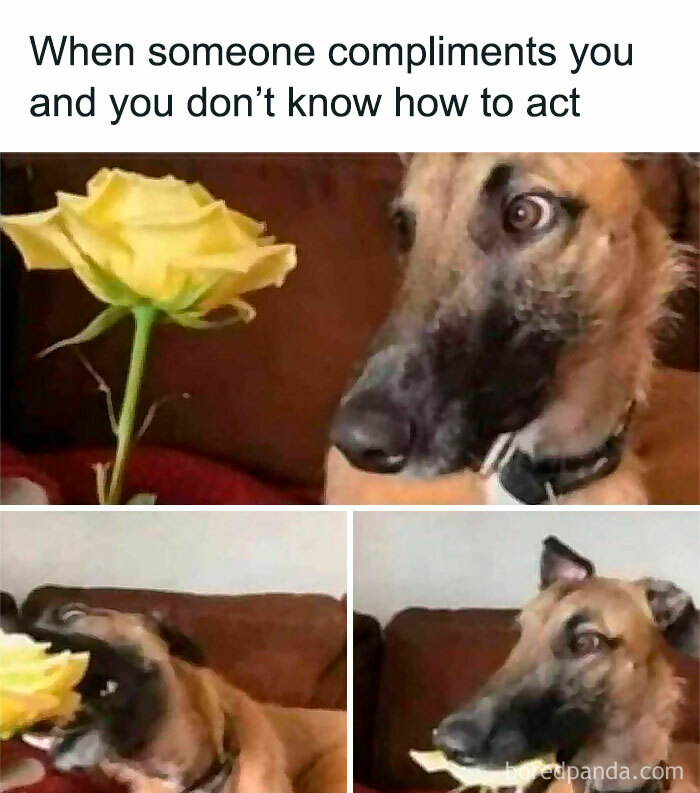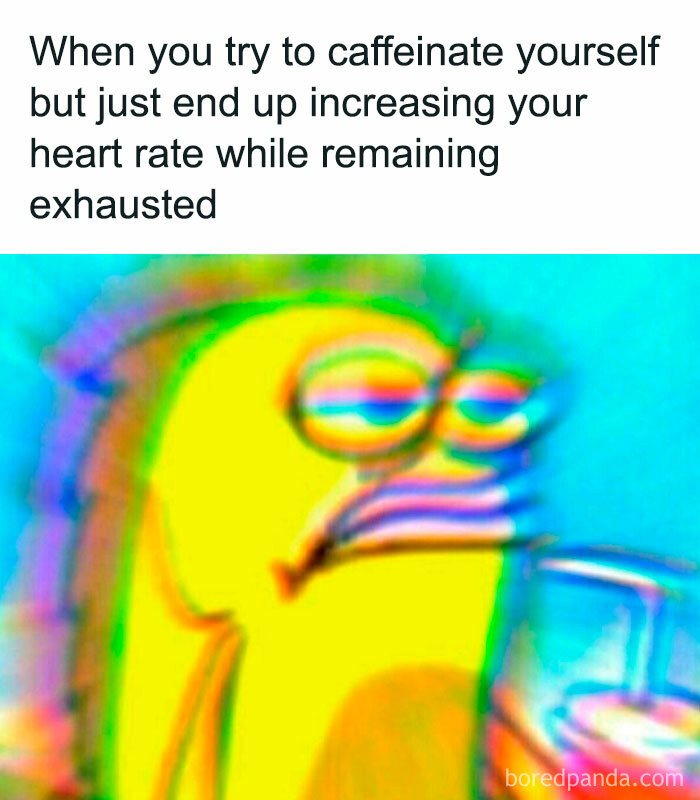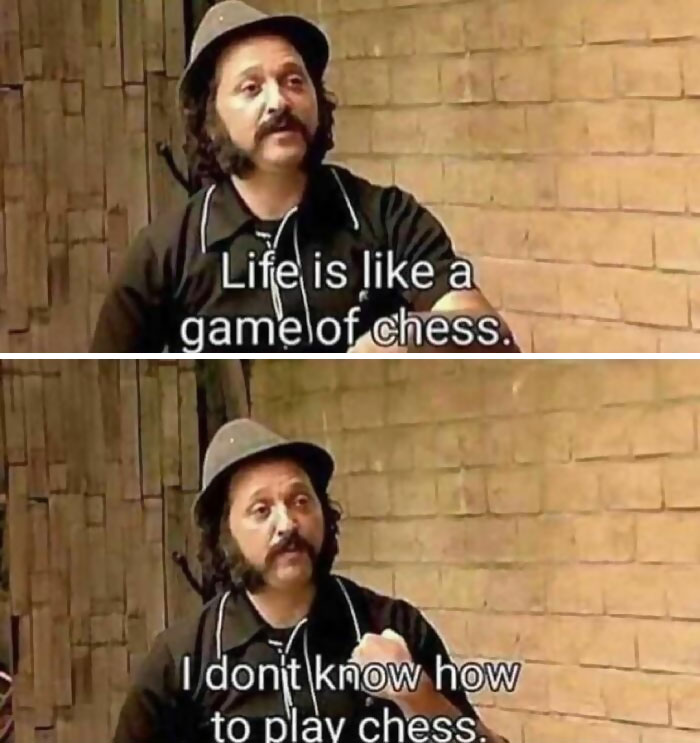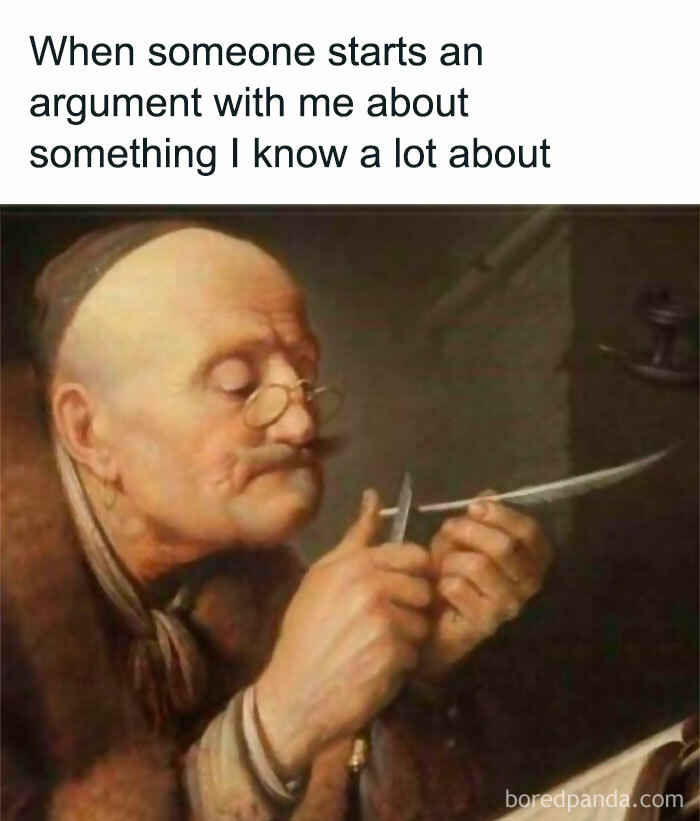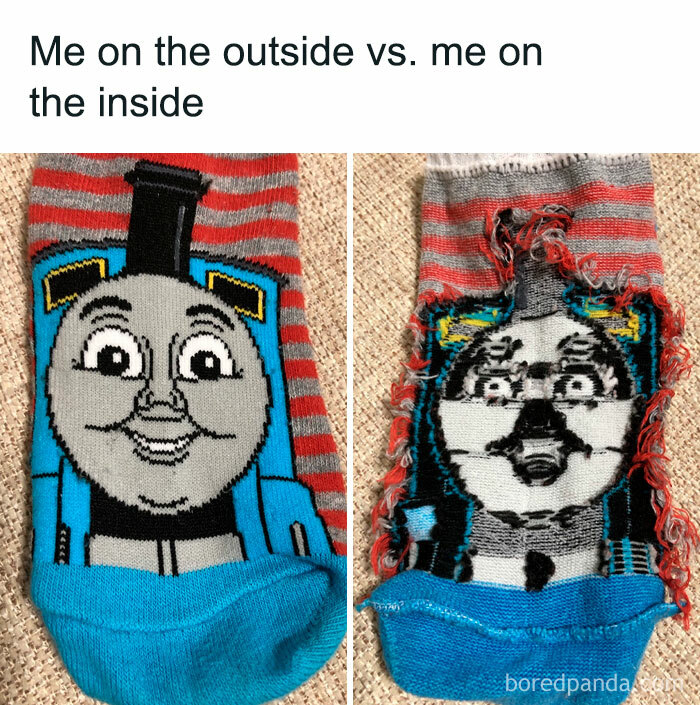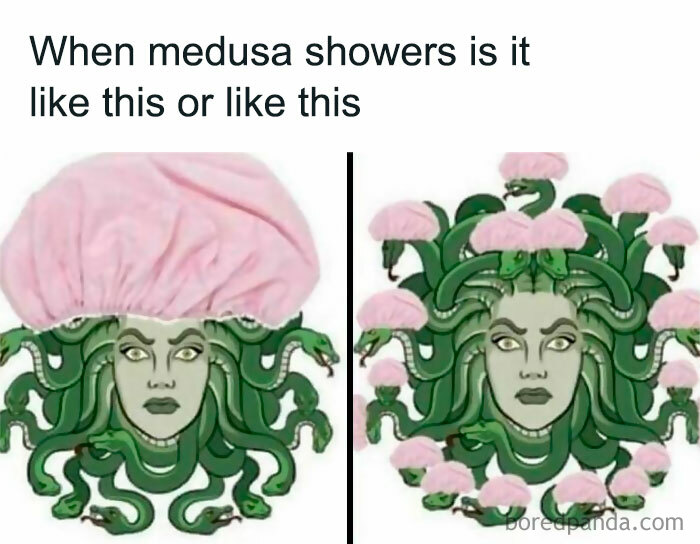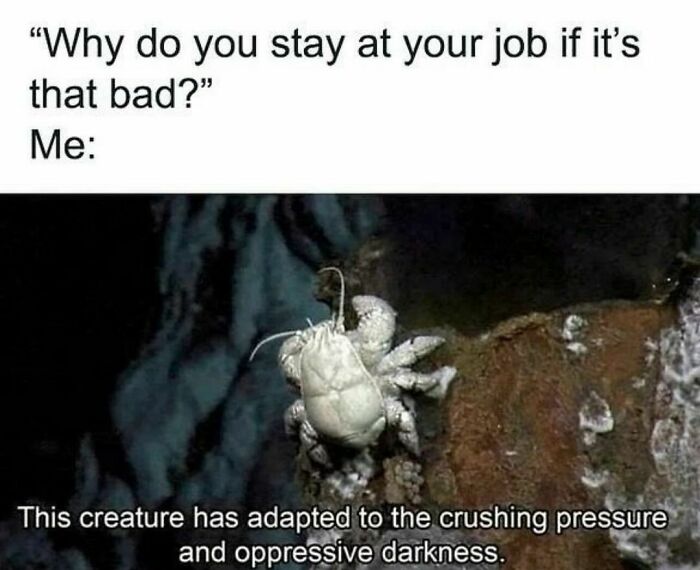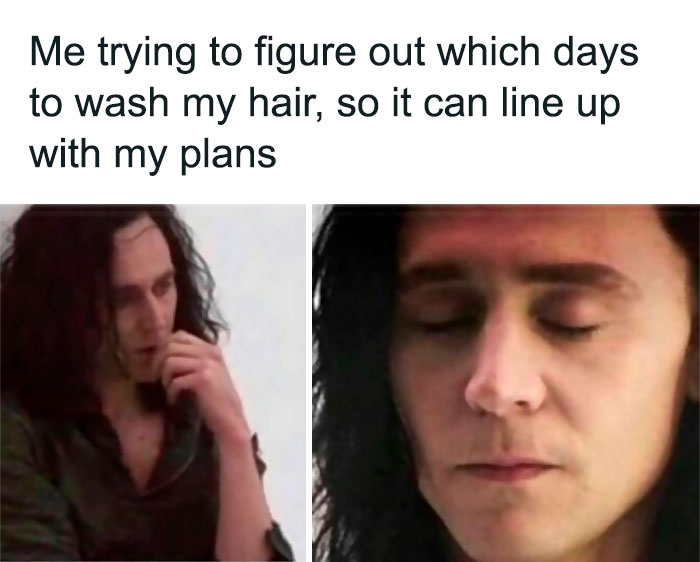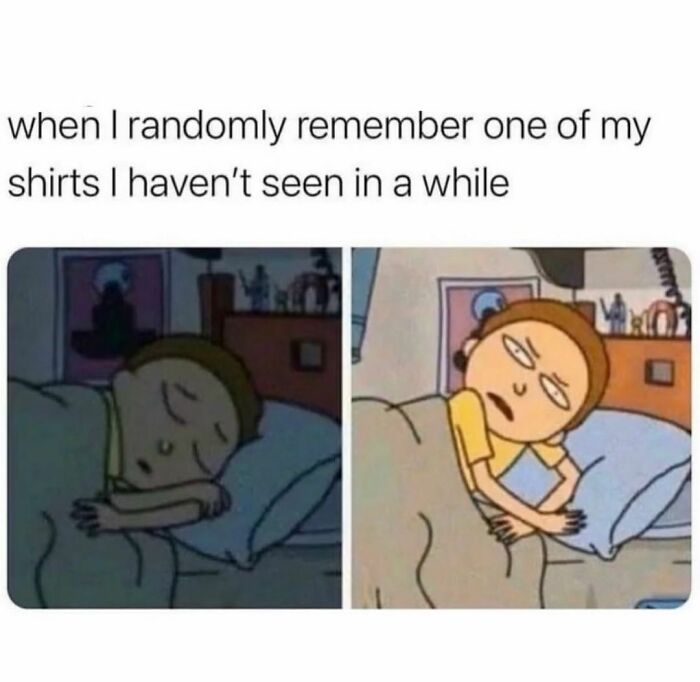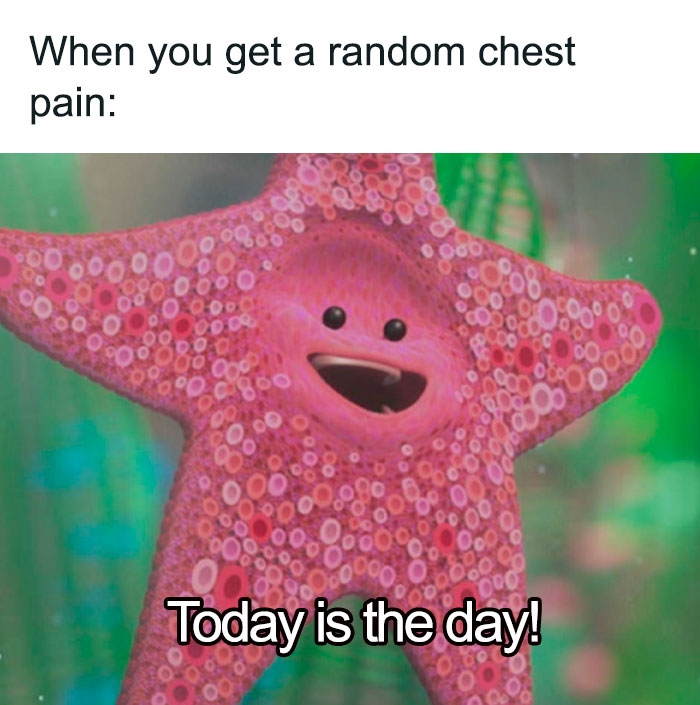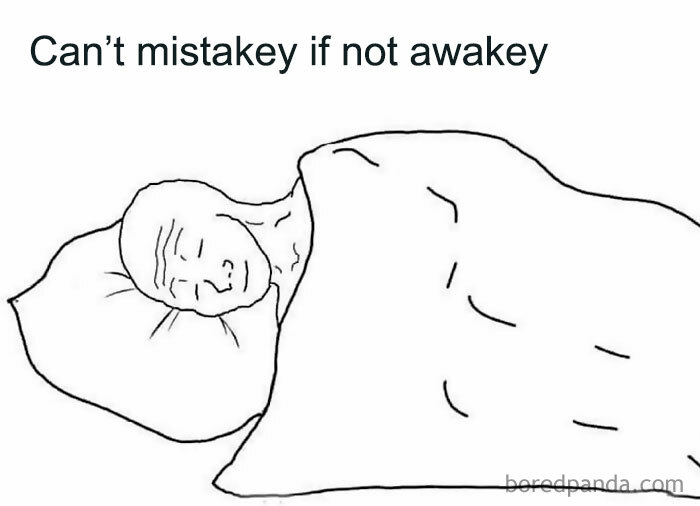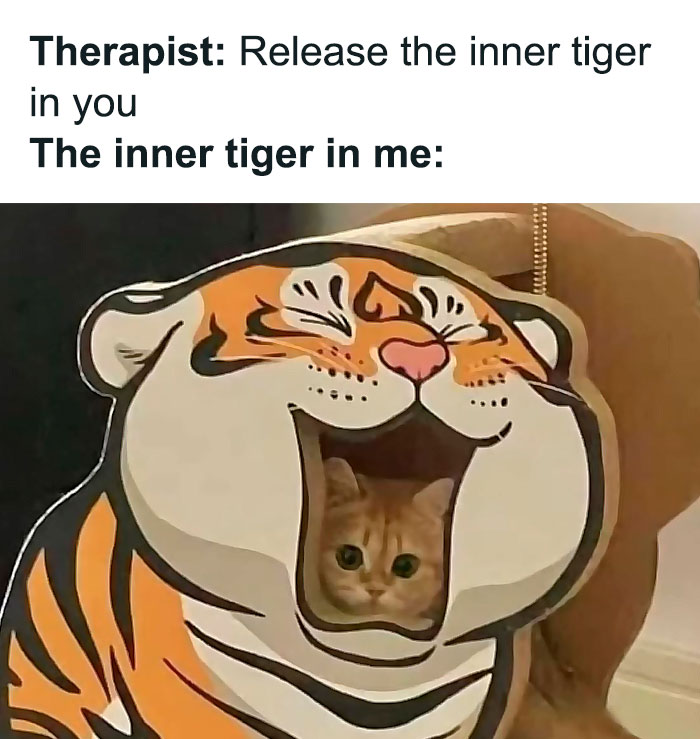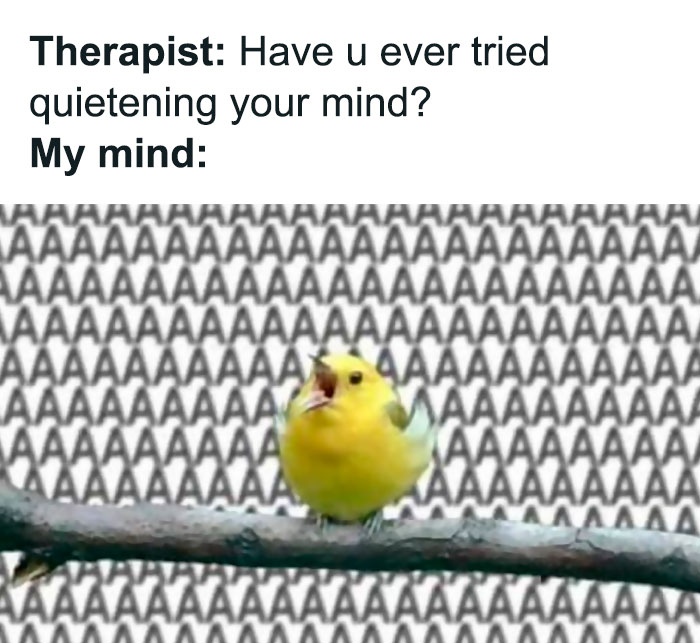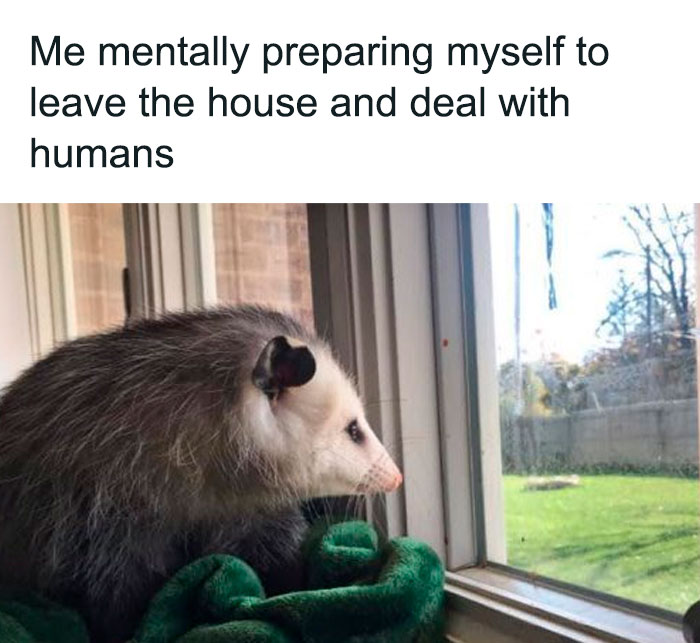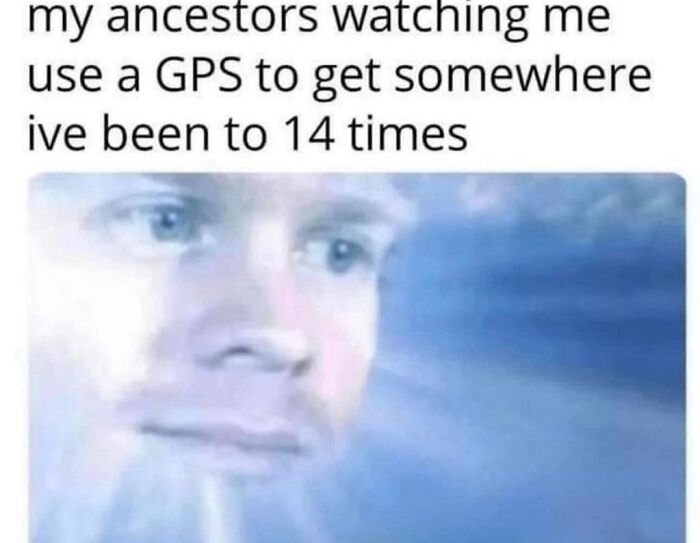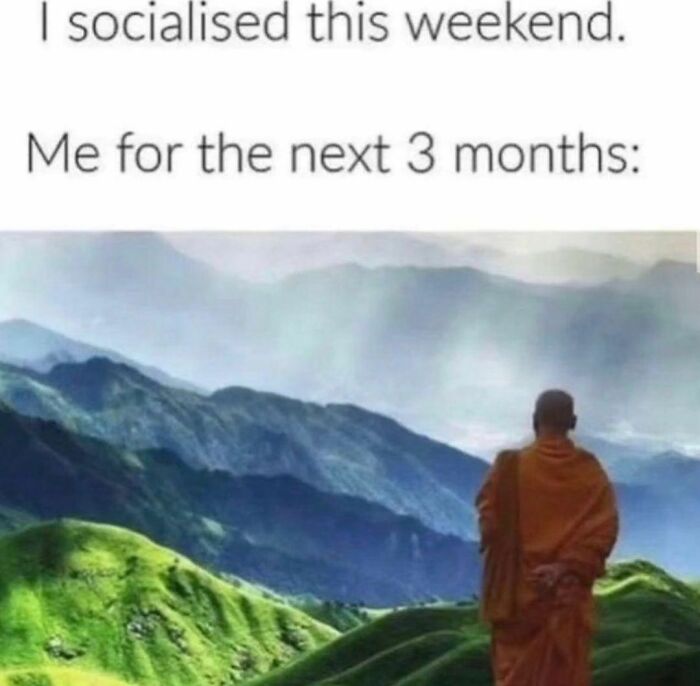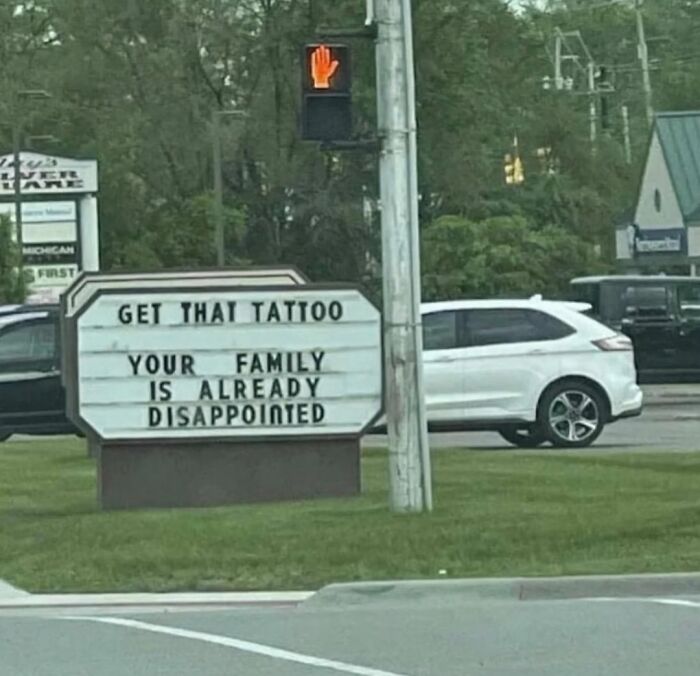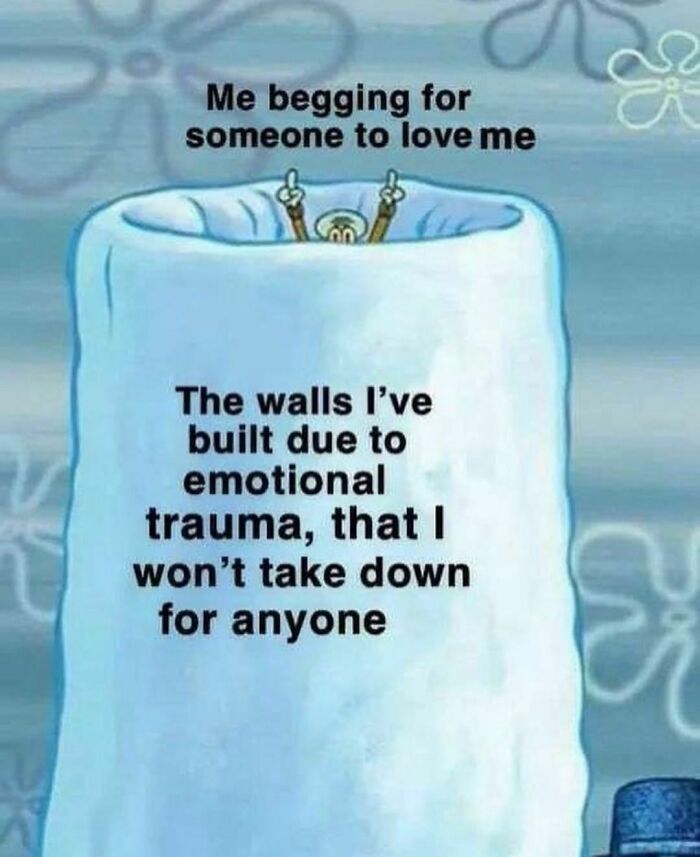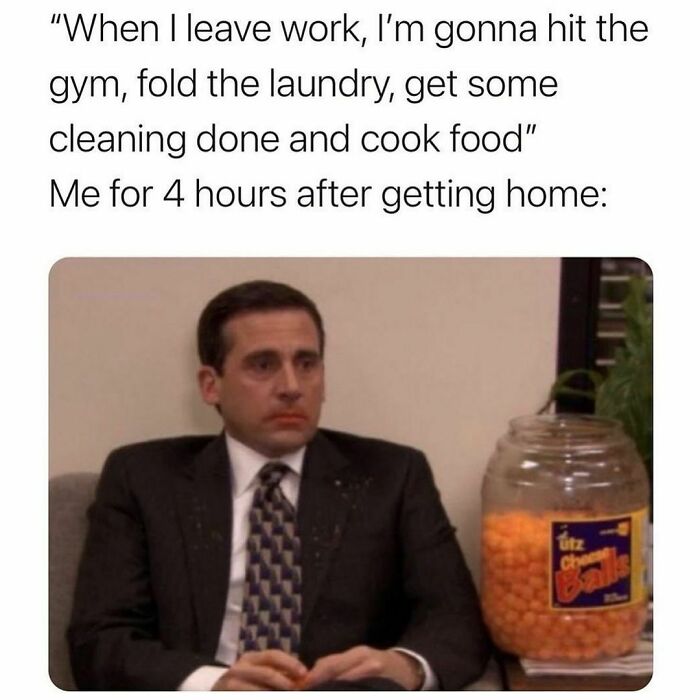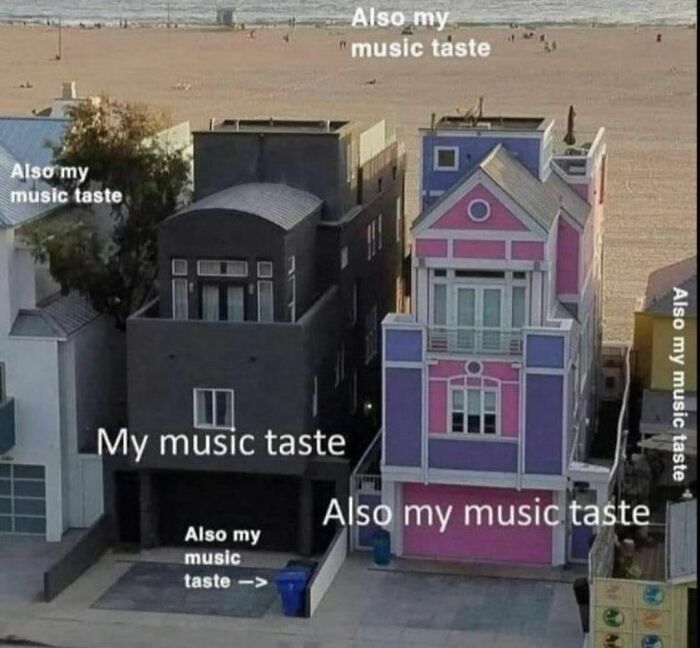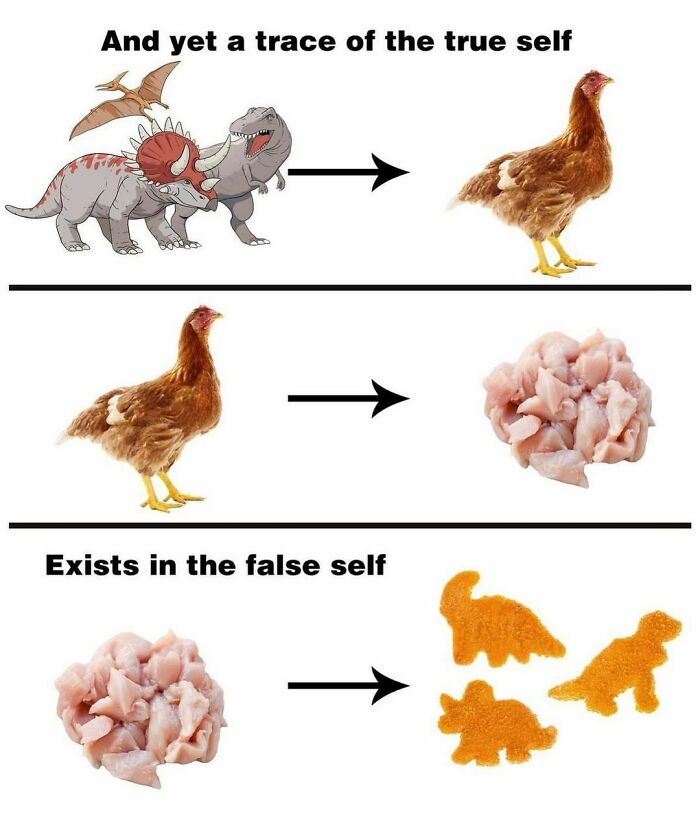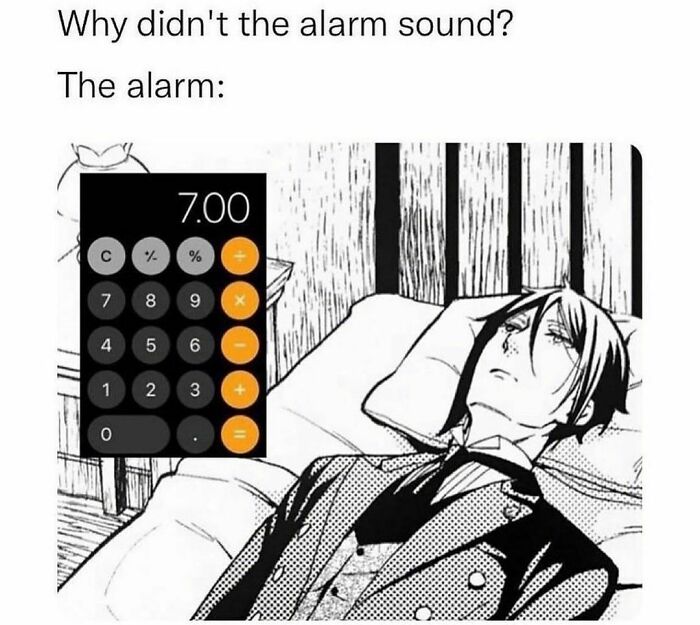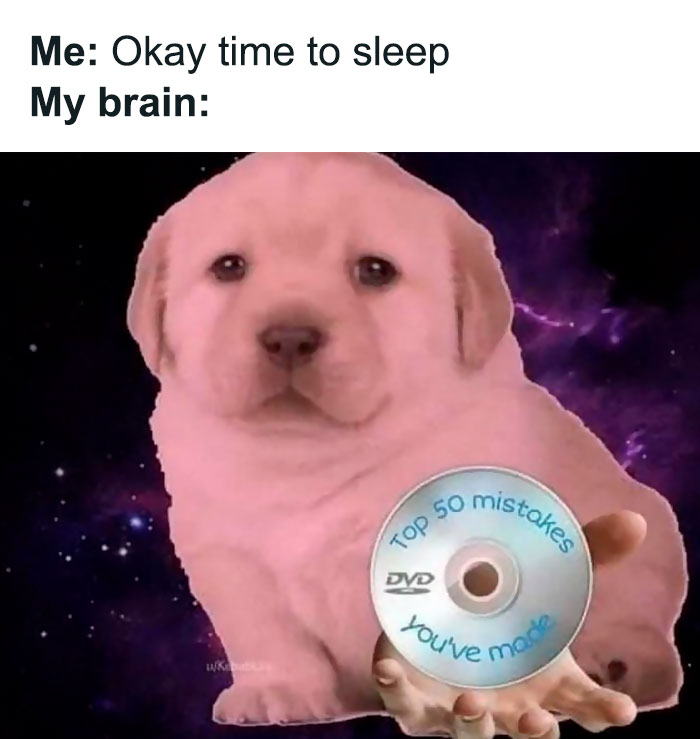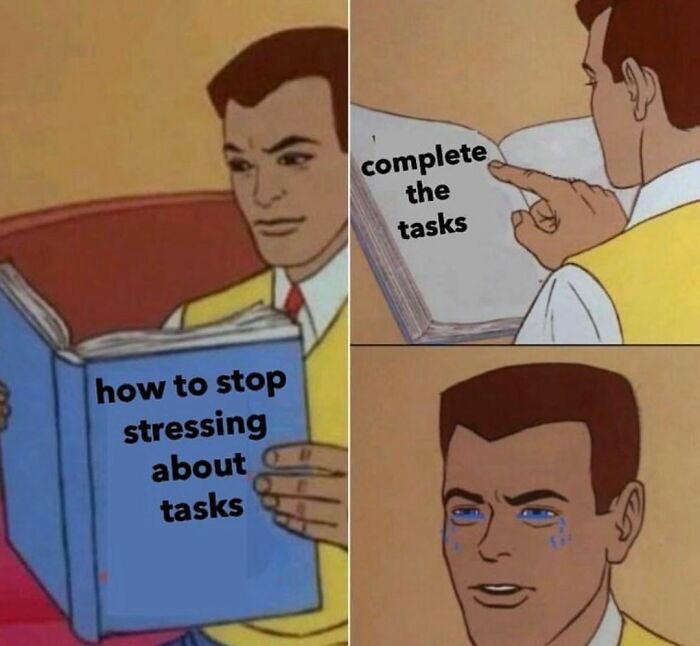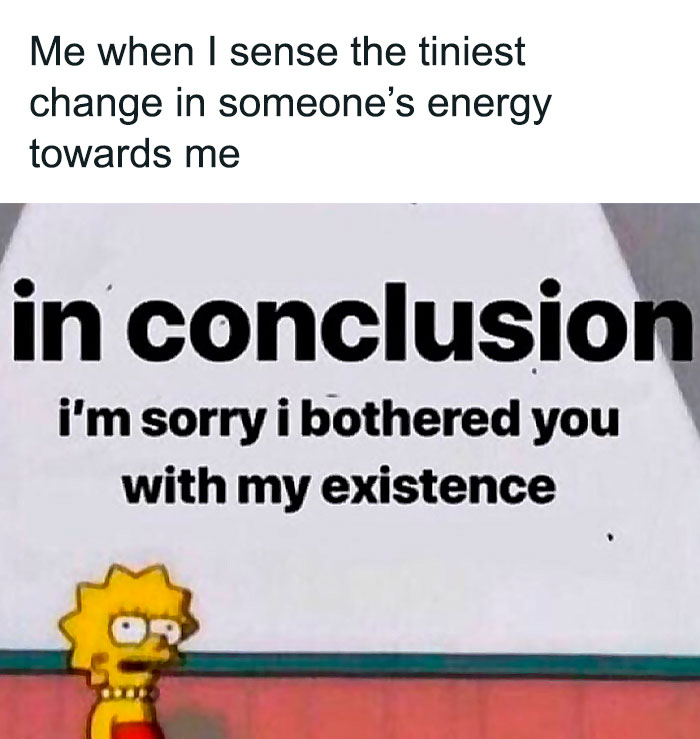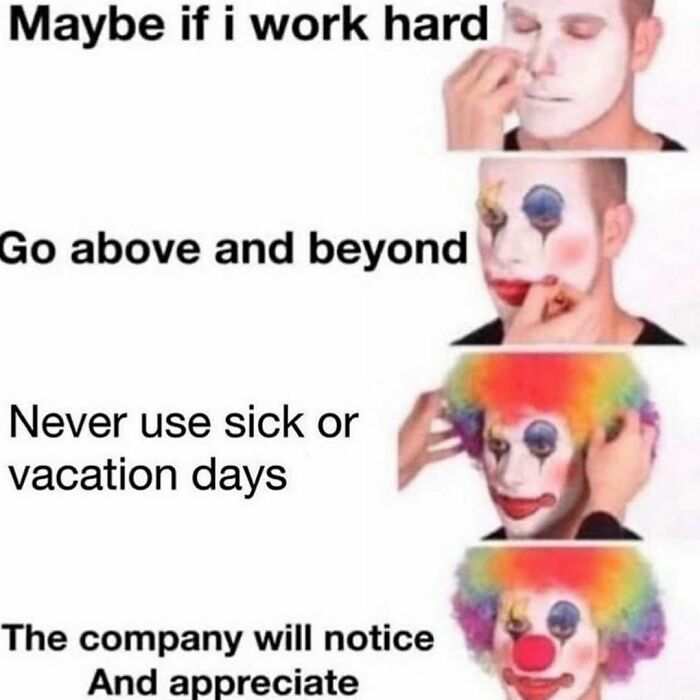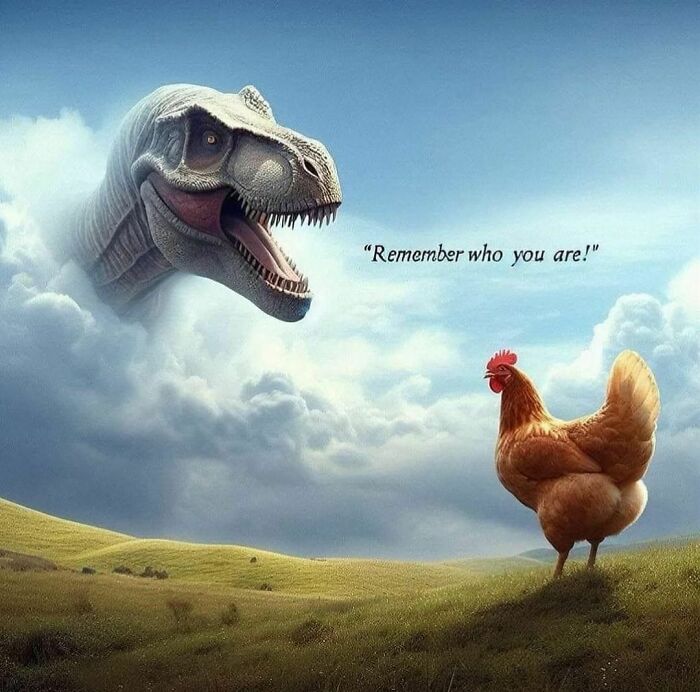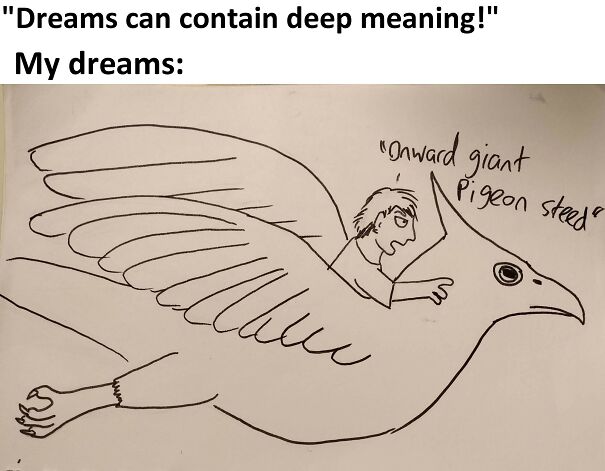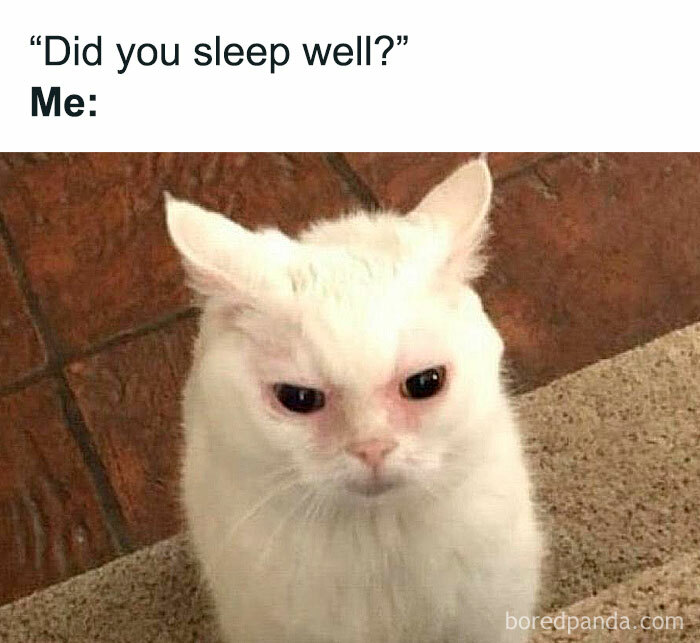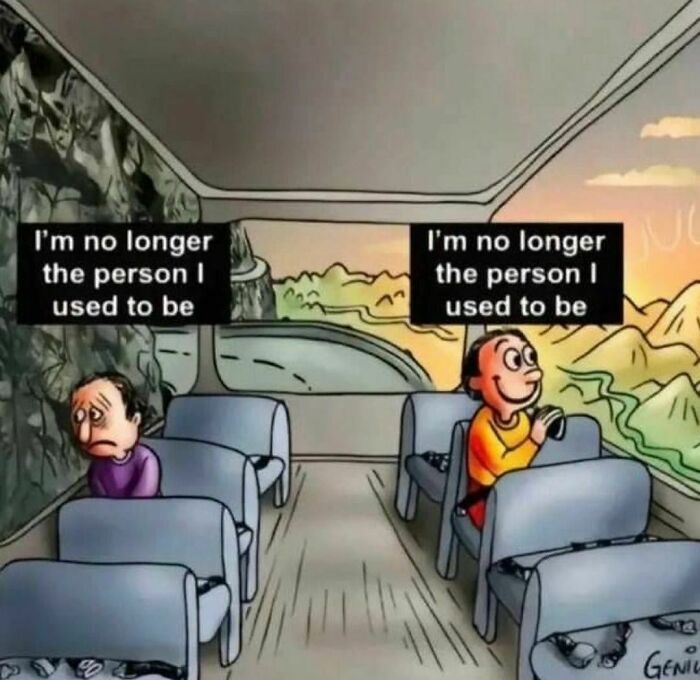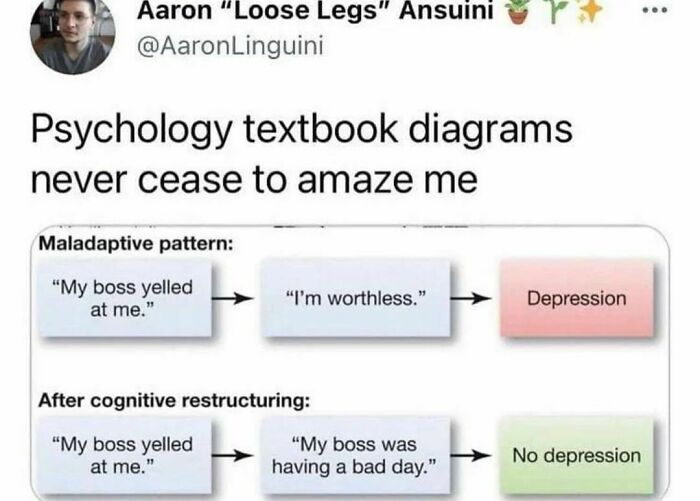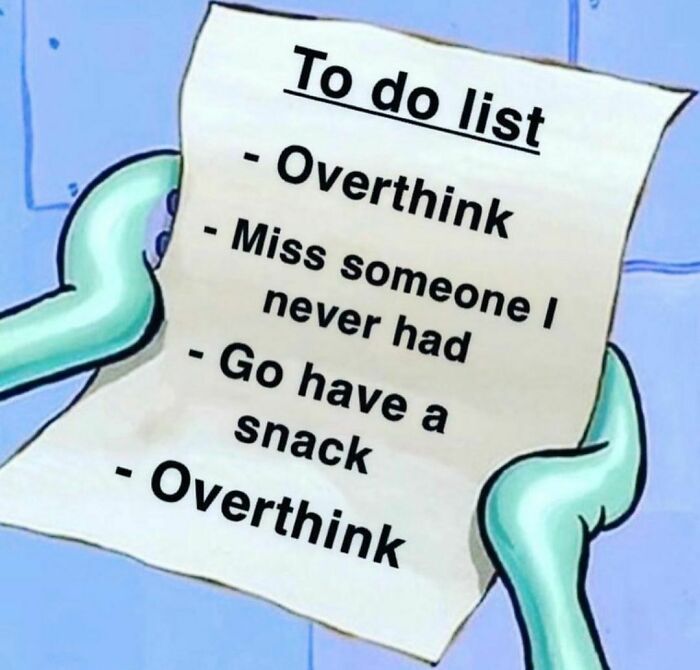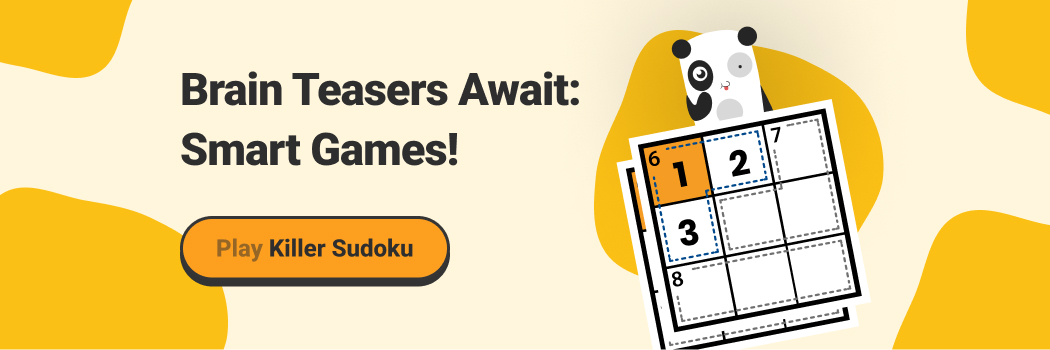With over 1.3 million followers, the account boasts a wonderful collection of amusing—and likely quite relatable to many—memes, some of which we have put on this list for you to enjoy. Scroll down to find them below and see for yourself if it would be something you would discuss with a therapist. Below you will also find Bored Panda’s interview with the Professor and Director of the M.A. Counseling Programs at Loyola Marymount University in Los Angeles, Dr. Sheri Castro-Atwater, who was kind enough to answer a few of our questions about online content and mental well-being. According to Dr. Sheri Castro-Atwater, stumbling upon online content that a person can relate to can be a positive influence on their life. “Online communities that engage in sharing content and encourage appreciation and dialogue around commonalities of interest can be extremely beneficial for society,” she told Bored Panda in a recent interview. “In many ways, these online communities join folks together in a shared communal interest and thus can have a similar effect to support groups.” “The positive feelings we get from a post or meme that makes us happy, for example, can be quickly and easily eradicated by reading the comments section and finding a sarcastic, mean or divisive comment. So in general, it is best never to read the comments of a post unless you are 100% sure they will be positive and civil, on a site you trust, which we know happens rarely.” “Seeing or hearing positive and encouraging messages on social media—in a sense, living vicariously through watching a cute animal meme, say, or reading an inspiring quote—can influence a person just as much as if they are experiencing these scenes and perspectives directly,” Dr. Sheri Castro-Atwater suggested. “And in our fast-paced digital world, we often experience several mental and emotional states several times a day; sometimes several emotional states within an hour or even a few minutes, depending on what memes and posts we choose to attend to and how fast we scroll.” “A day before she won the Oscar, I heard Emma Stone interviewed on NPR opening up about the crippling anxiety that she experienced as a child and the psychologist who helped her with her panic attacks. She learned to cope with her anxiety over time and with professional treatment, and eventually, she learned to view her anxiety and overactive ‘fight or flight’ response as a ‘superpower’ that allowed her to be energetic, alert and sensitive to her environment. The more that these kinds of open, positive and accepting messages of mental health are shared widely with the public, the more power they have to help others who may feel ashamed, alone or ignorant as to what is happening to them and where to turn,” the expert added. “Not only do we see a generational difference in speaking more openly about mental health issues, we see this changing across cultures, even in those cultures that historically have been taught to keep their mental health needs private,” Dr. Castro-Atwater pointed out. “This acceptance of attending to mental health and wellness is a wonderful, encouraging sign; we can see the stigma of mental health issues be slowly eradicated through frank, open and honest discussions. In many ways, we have COVID-19 and its aftermath to thank for this phenomenon.” “Increasingly, we are viewing mental health through the lens of mental wellness—in the same way that we get an annual physical to make sure we are doing well, we need to attend to our mental and emotional needs from a wellness perspective. Rather than wait for a crisis, panic attack, or crippling anxiety, we should get in the habit of little ‘mental wellness habits’, such as tracking our moods, journaling, meditating or another trusted form of relaxation and mindfulness that works for us. This can allow us to practice consistent maintenance for our mental wellness. “Visiting with a trusted mental health therapist, school counselor, or other licensed or credentialed professional helper is also a great idea, not just when we are in crisis, but for working on ourselves, our progress and life, and mental wellness goals, too,” the expert told Bored Panda. Follow Bored Panda on Google News! Follow us on Flipboard.com/@boredpanda! Please use high-res photos without watermarks Ooops! Your image is too large, maximum file size is 8 MB.
